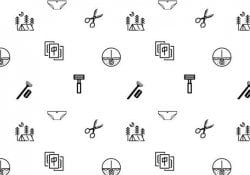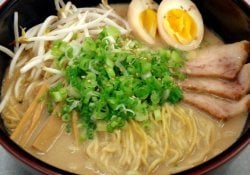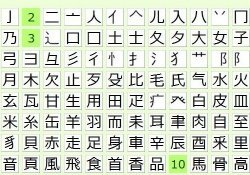Ever wondered how to spell queen or king in Japanese? How do you say princess in Japanese? Or how about president, mayor, noble, governor and others? In this article, we will get to know some power titles in the Japanese language.
Índice de Conteúdo
How do you say Rei in Japanese?
There are several ways to say King and Queen in Japanese, the main character used is [王] which literally means King. The ideogram also conveys the idea of sovereign, monarch, tycoon, champion and master.
This ideogram [王] can be understood as “mediator between Heaven and Earth”, where the upper horizontal line symbolizes heaven and the lower line represents earth. Your reading is aō" elongated which I like to romanize as "or" [おう] and another obsolete kimi [君].
Usually the ideogram of king [王] is accompanied by an honorific of address such as dare [王様] or with some kind of suffix that identifies the type of king as in the case of kokuou [国王] which literally means king of a country.
In the anime One Piece we see the word directly kaizokuou [海賊王] which literally means King of Pirates. Below we will see some words related to the ideogram of king [王] that can also indicate a person of power or king of a certain thing:
- Ookimi [大君] - Emperor; King; Prince;
- I hear [王女] - Princess;
- Ouji [王子] - Prince;
- Oushitsu [王室] - Royal Family;
- out [王手] - No Chess check;
- Ouhi [王妃] - Queen consort;
- Oukoku [王国] - Kingdom; Monarchy;
- Oujya [王者] - King; Monarch; Ruler; Champion;
- heard [王朝] - Dynasty;
- Shukun [主君] - Lord; Sir; Teacher;
- Kunshu [君主] - Monarch; sovereign;
There are many other words referring to royalty or power that use the ideogram [王], but we can't just get stuck on that. If you want to go deeper into these words, just use the jisho online dictionary.
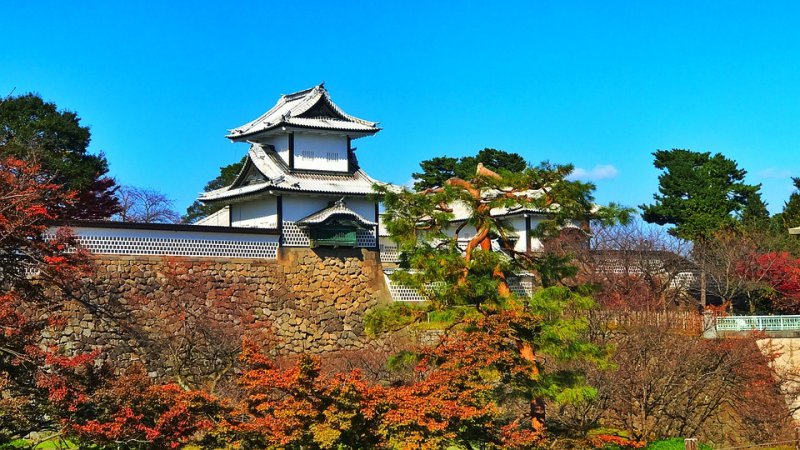
How do you say Queen in Japanese?
queen in japanese can be Joou [女王] or also ouhi [王妃], but in the second case it is a “Queen consort” or wife of the king, meaning that she has the same rank and designation as her husband, but she does not have the same political or military powers.
We have other words like sasaki [后] meaning Empress and Queen. For Japanese queens and empresses we have the term kougou [皇后], while we have the general term kouhi [皇妃] royalty regardless of nationality.
See below for other words involving queens and empresses:
- Oujoubachi [女王蜂] - Queen of bees;
- Oujouari [女王蟻] - Queen of insects;
- joke [女皇] - Empress; queen;
- Koutaigou [皇太后] - Mother Queen; Dowager Empress;
- Seioubo [西王母] – Queen Mother of the West (an ancient Chinese goddess);
- Kuiin [クイーン] - Queen of English Queen;
- Kokubo [国母] - Empress; Dowager Empress;
- Jotei [女帝] - Empress;
- puresu [エンプレス] - Empress;
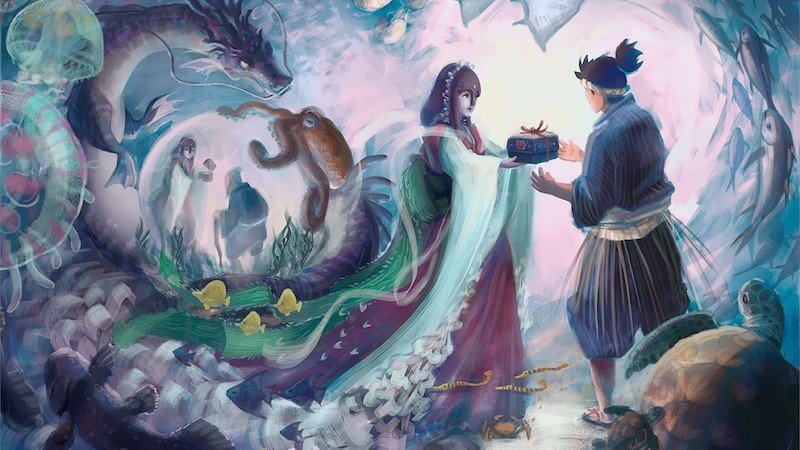
How do you say prince and princess in Japanese?
There are different ways to say prince or princess in Japanese, the most common being princess oujo [王女] is the most common for prince prince [王子]. Don't forget to always use the treatment honorifics sama [様] as oujosama [王女様].
In the West it is common to hear about the expression hime [姫] to refer to a princess or lady. Despite being a very common word, it is not used so much to refer directly to princesses, daughters of kings. Don't forget the formal himesama [姫様].
Generally hime is used as a generic term to refer to daughters of nobles, for this reason it should not always be taken as literally meaning princess. The word hime can also be used as a prefix of cute and small things.
Anime fans in the West tend to translate the word otome like princess, despite having a certain kernel of truth in the past, the word is usually used to refer to young girls, maidens and virgins who are between 17 and 20 years old.
List of words related to princess and prince:
- Hidenka [妃殿下] - Princess; your royal highness;
- Purinsesu [プリンセス] - From English princess;
- Ohimesama [お姫様] - Princess; Spoiled girl;
- Himemiko [姫御子] - Imperial Princess;
- Himemiya [姫宮] - Princess;
- Koushu [公主] - Disney-like princess;
- Koujo [公女] - young noble; Princess;
- Otohime [乙姫] - Youngest princess;
- Koushaku [公爵] - Prince; Duke;
- Purinsu [プリンス] - Prince;
- Miyasama [宮様] - Prince; Princess;
- Shinnou [親王] - Imperial Prince; Prince of royal blood;
- Outei [王弟] – Royal Prince; Crown Prince's younger brother;
- Ouji [皇子] - Imperial Prince;
- Kou [公] – suffix for prince, duke, lord or government person;
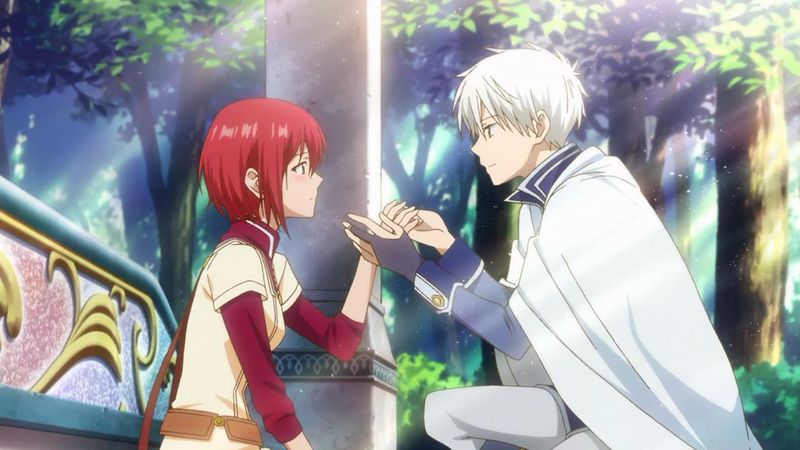
The article is still halfway through, but we recommend also reading:
Other Japanese Power Titles
To end the article we will share a list of Japanese power titles below:
- Jinkun [人君] - Sovereign;
- Heika [陛下] - Your majesty; Your Majesty; Majesty;
- Denka [殿下] - Your highness; your Highness; highness;
- Geika [猊下] - Your Highness; Your grace; Your Eminence;
- Genshu [元首] - Head of state; Governor;
- Mikoto [尊] - Lord; Your Highness;
- Tennouheika His Majesty the Emperor;
- Shugensha [主権者] - Sovereign; Ruler;
- Okami [御上] – Honorific of Majesty, Emperor, Lord and other authorities;
- Kimi [君] - Also used to refer to kings and monarchs;
- Meikun [名君] – Wise ruler; enlightened monarch; benevolent lord;
- Seiou [聖王] - Virtuous ruler; worthy monarch;
- blood [尊厳] - Majesty; holiness;
- Shihaisha [支配者] - Governor; Leader; Ruler;

